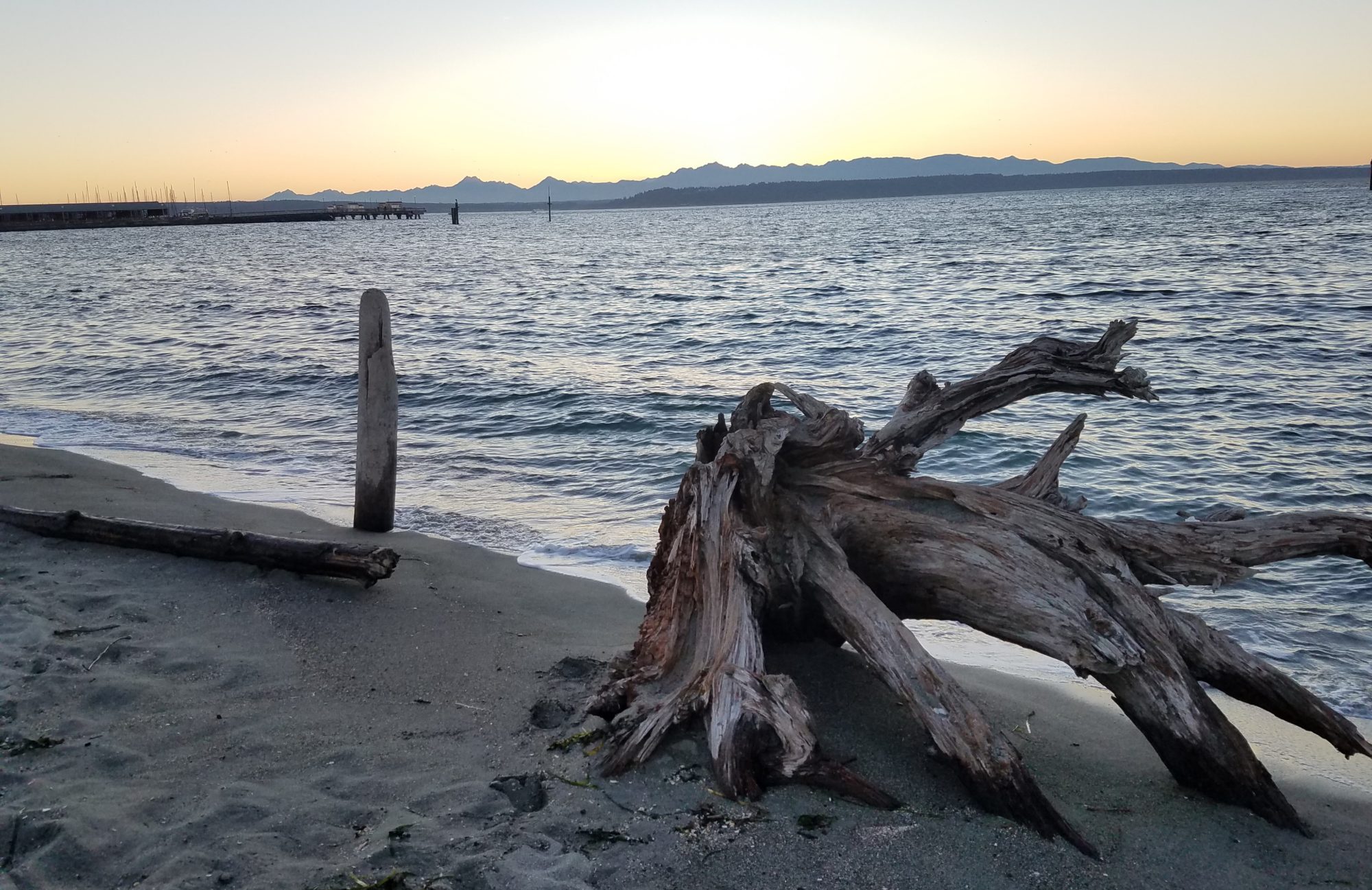I have been reading, meditating, and listening to some of our evolutionary mystic prophetic voices lately. All are pointing to the deep realization and acceptance of this species-wide dark night as an opportunity to be fully present, fully alive, and fully open to allow our rebirth into a new species that is no longer separate, but integrated and fully connected to all vibrating beings on our planet and in our universe.
We watched Fabulous Fungi again last night and it reminded me to embrace the dark and as Rumi says, “be crumbled” because, in the end, we are a blessed, brilliant, and magnificent part of the mycelium that connects us all and is literally the “only being.”
“We can [and should… and must] trust the Mystery, it will not fail us.”
~ Vera de Chalambert ~
The following post was sent out on Facebook by one of those prophets, Mirabai Starr, sharing this profound and timely message from another prophet for our time – and I copy it here for all of your upliftment!
***************************
From the brilliant contemporary mystic & prophet, Vera de Chalambert. Hark!
From time immemorial our mystics and prophets have taught that to approach the Mystery, we must move through Holy Darkness. In fact, it is this capacity to enter the realm of divine unknowing, terrifying uncertainty, radical discontinuity with business as usual that is traditionally seen as a sign of spiritual leadership.
Moses must enter the “thick darkness” of the Cloud, Christ consent to the kenosis of the Cross, the tantric masters become intimate with the mandalas of loss in the messy, hopeless, initiatic darkness of the charnel grounds.
Today we all are called to step bravely into the darkness of our times. The uncertain, unsettled, un-mappable disruption of the poly-crisis. This is no cheap calamity, it is sacred collective initiation. Intuitively humans have always known that there is an aspect of Reality that emerges to mercifully guide and protect us through the Dark Night the moment we consent to our holy ordeal. And in every tradition we look, it is the Eternal Feminine, the Great Mother, the very ground of the Being, Herself Darker than night, that emerges to harness our spiritual crisis, assist our spiritual evolution, initiate and transfigure the soul.
The poet Rumi says:
“Be ground.
Be crumbled.
So wild flowers will come up
Where you are.”
Don’t rush in to fix it. Let life have you. Let the Mother have your bones for her holy Stew. She knows how to turn our hungry ghosts into allies. Our psychic lead into gold. Crumble and let Her transfigure. Invite the truth you have been keeping at bay. Feel what you don’t want to feel. Hold fast to your tenderness. Let your brokenness shine. How else will you know that Love has already swallowed you, even when you fail, even when you struggle, even as you cry out into the dark?
Darkness is Holy. Darkness is medicine. Do not discard this doorway into grace. Our wounds are holy passages. Our darkest, most desperate nights, ways to wholeness. The Poet Rilke said, “I have faith in Nights.”
We can trust the Mystery, it will not fail us.


